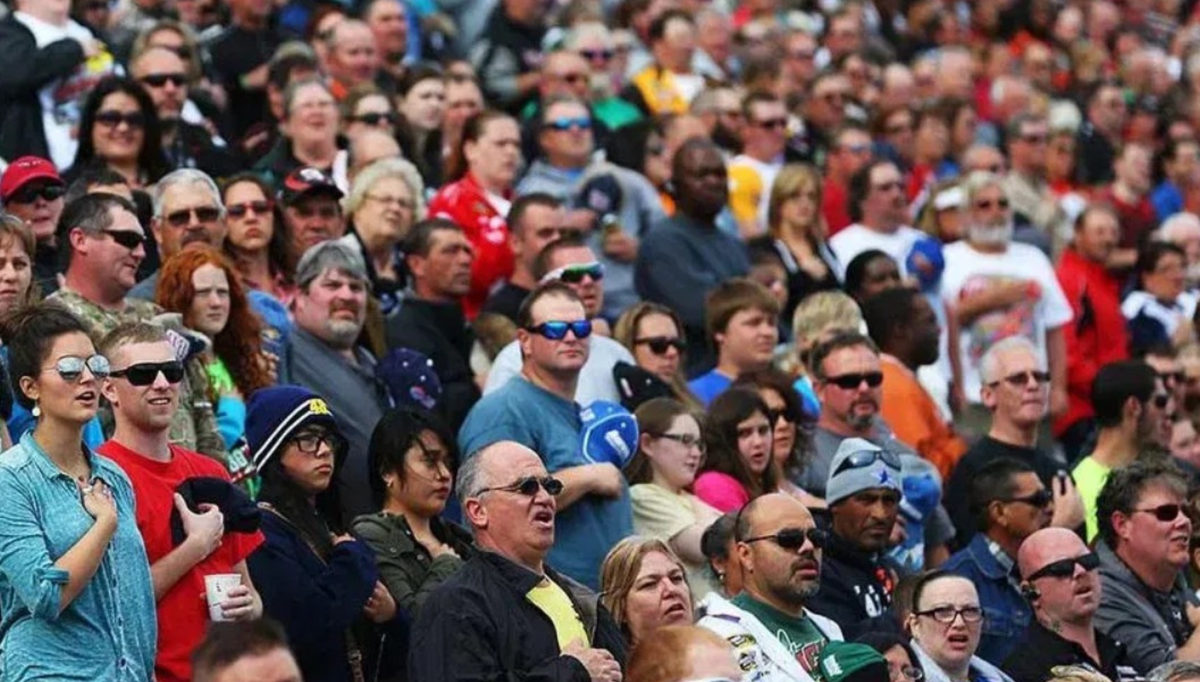

The headlines are setting the narrative. Whether it’s about the Next-Gen’s short-track package, or the lack of overtaking opportunities on road courses. The comparisons with the sport’s good ol’ days are constant, and the calendar always leaves much to be desired. By now, there’s no secret that NASCAR is suffering from a ‘negativity phase.’
Watch What’s Trending Now!
Sure, the playoff system has divided the fanbase; not every driver is on board with the ‘win-and-in’ structure. But is it all doom and gloom in the stock car racing world?
Or are the problems being magnified under a microscope, while the positives are being ignored? Austin Cindric, along with a few others, shared their thoughts.
ADVERTISEMENT
Austin Cindric wants to look on the bright side
NASCAR has been making the headlines for plenty of reasons lately. Whether it’s the ongoing antitrust lawsuit or the shift from traditional oval tracks, it seems like a significant chunk of the sport’s core audience feels disconnected from the sport. Some of the problems are real, though, with the Next-Gen car struggling on short-tracks, the lifeblood of the sport, and its issues with making passes, reliance on uninterrupted airflow (clean air), and the lack of tire wear are well-documented. But while these are internal problems, it’s constantly being compared to other sports.
Speaking to The Athletic’s Jeff Gluck Austin Cindric shared his thoughts surrounding the negativity. “NASCAR doesn’t give itself enough credit as an industry. There are a lot of professional sports below our level, but we live in this bubble, comparing ourselves to stick-and-ball sports. Other sports don’t compare themselves to NASCAR, but we’re constantly comparing ourselves to them,” he said.
ADVERTISEMENT
Sure, the constant change in broadcasting partners doesn’t help, and the switch to Amazon Prime, which is lauded for its quality of streaming, did isolate some of the older fans, as many of them couldn’t afford the subscription. But NASCAR here with this problem is outperforming IndyCar and Major League Baseball consistently.
And, Cindric wants fans to focus on the positive side of things, and went on to say, “There’s a lot of good that’s happening and a lot of uniqueness in what our product is. The more we’re actually able to believe that and project that instead of negativity, the more other people will start to believe it.”
ADVERTISEMENT
But the question remains, whether anyone is buying into the ‘positivity’ or not?
So, back in the day, manufacturer identity was a real thing, and fans rooted for the ‘brand’ as much as the driver. Companies even believed in the “win on Sunday, sell on Monday” mantra. However, by the early 2000s, the scenario changed.
Cars had become too spec. The unveiling of the Car of Tomorrow in 2007 didn’t help either, prompting many long-term fans to distance themselves from the sport. But what do the other drivers think?
ADVERTISEMENT
It looks like many of them have weighed in over the years about the decline of the sport.
Top Stories
NASCAR’s Clash Now at the Mercy of State Officials Amid Dire Travel Advisory
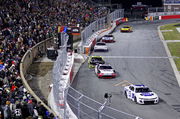
Cup Star Comes to NASCAR’s Defense as O’Reilly Opens the Doors to “Busch Whacking” Young Kids
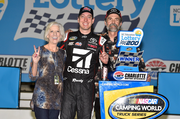
NASCAR Weather Update: Sunday Race Cancelled at Bowman Gray as Mother Nature Wreaks Havoc in NC

NTSB Exposes Alarming Chain of Errors in Greg Biffle’s Fatal Plane Crash
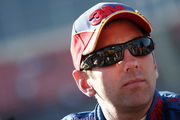
Fact Check: Did Roger Penske Accidentally Lie to President Trump About His NASCAR Achievements?
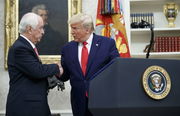
Racers open up about NASCAR’s problems
Kyle Busch went as far as to say, “I think it’s a culture problem, and I say that in regard to the world culture. In the ’80s and ’90s, you had a bunch of Hot Rod guys who were cool with souping up their 1970s, 1980s street rods. A lot of those guys are aged out.”
ADVERTISEMENT
Meanwhile, FOX’s broadcast quality failed to capture the attention of younger audiences, many of whom didn’t warm up to the ‘Chase’ playoff system. After 26 of 36 races, the top-10 drivers had their points reset, ensuring a level playing field during the business end of the season.
This meant that Jeff Gordon, a four-time Cup Series champ, with the second largest fan base, finished with the most points in a season twice, only to lose the title to a points reset. And that didn’t go down well. Even the elimination-style format has drawn plenty of criticism, with Dale Earnhardt Jr. feeling lost for words.
“There’s some things that I can’t explain away that aren’t great. The TV numbers confuse the hell out of me because I was very entertained in the playoffs,” Junior said a few years ago.
ADVERTISEMENT
And with the dwindling viewership, the sponsorship money began drying up. M&M left the sport, forcing Kyle Busch to leave Joe Gibbs Racing for Richard Childress Racing, while logistics giant FedEx also followed suit.
Denny Hamlin, who had a long-term partnership with the multi-billion-dollar company, said, “I mean, it is tough out there. Sponsorship is hard to come by, and certainly, while it is such an important time in our sport to recognize that sponsorship dollars are not flowing like they used to for sure.”
Ultimately, it’s clear that NASCAR’s ‘negativity problem’ looks like it’s here to stay. While some of the problems are as real as they come, they are also solvable, provided the sanctioning body is willing to be proactive about addressing the underlying issues. However, in other cases, the media narrative is quick to paint the sport in a bad light, influencing the perception amongst fans.
ADVERTISEMENT
And, Austin Cindric had a solution for that, and he said, “We control the narrative 100 percent of the way. It’s that easy, in my opinion.” Perhaps it is.
ADVERTISEMENT
ADVERTISEMENT
ADVERTISEMENT